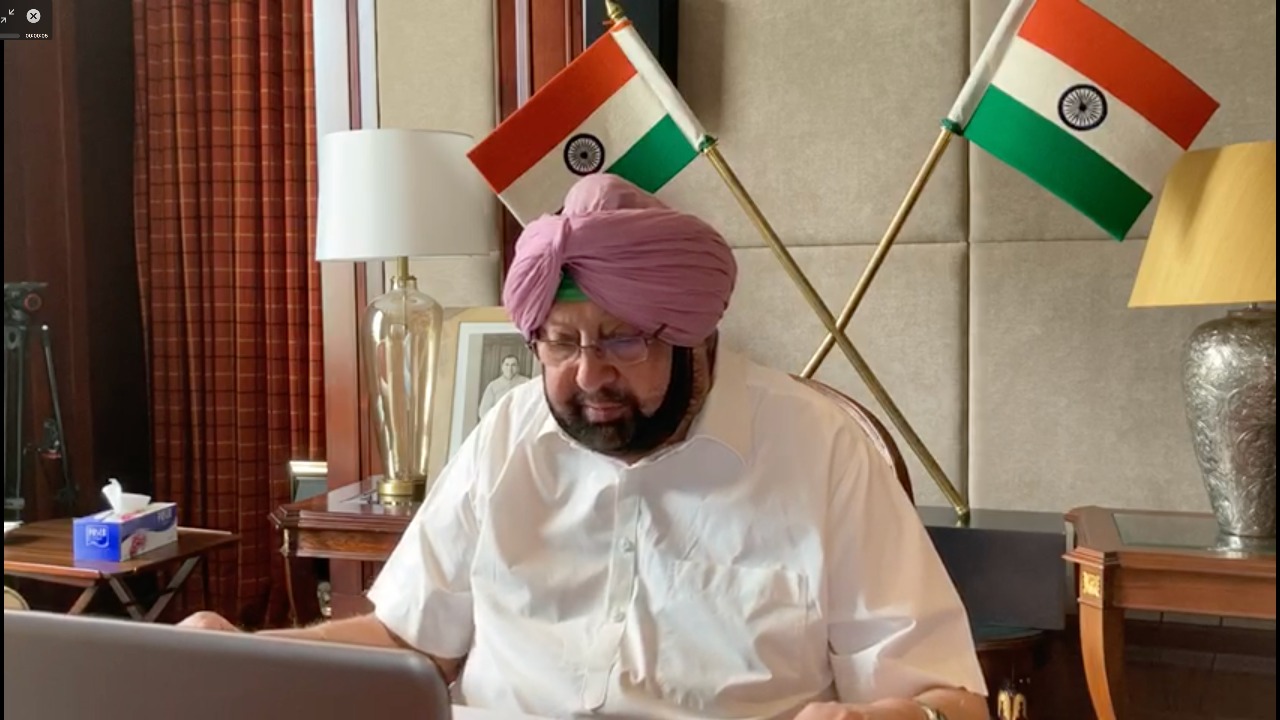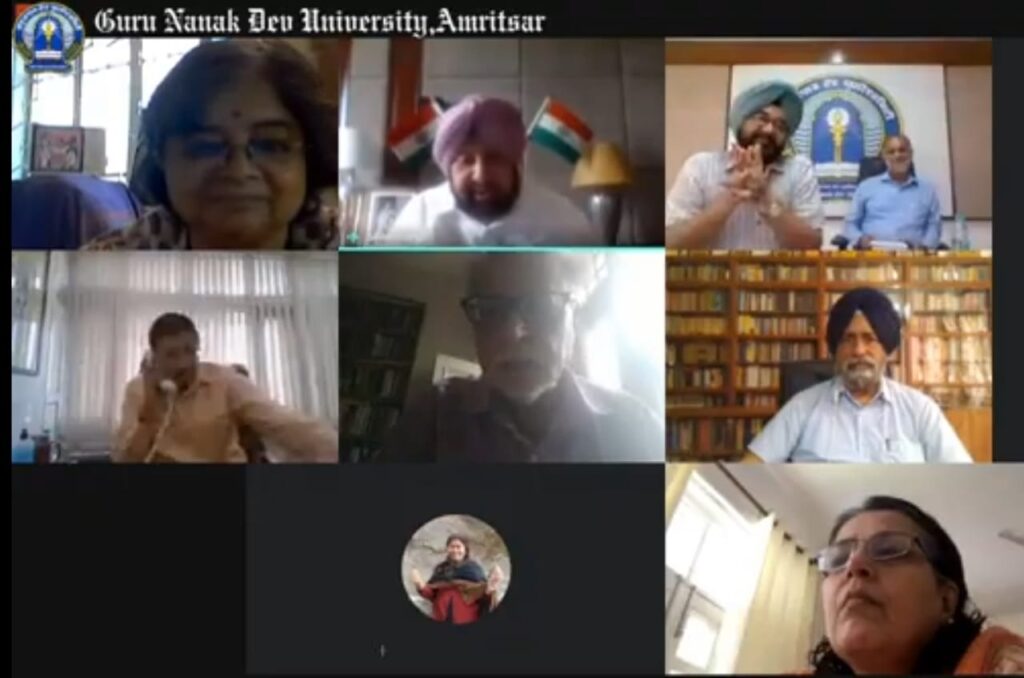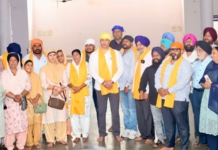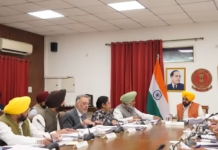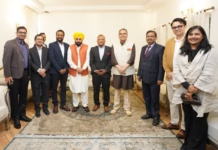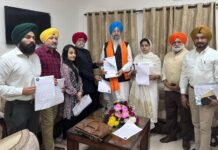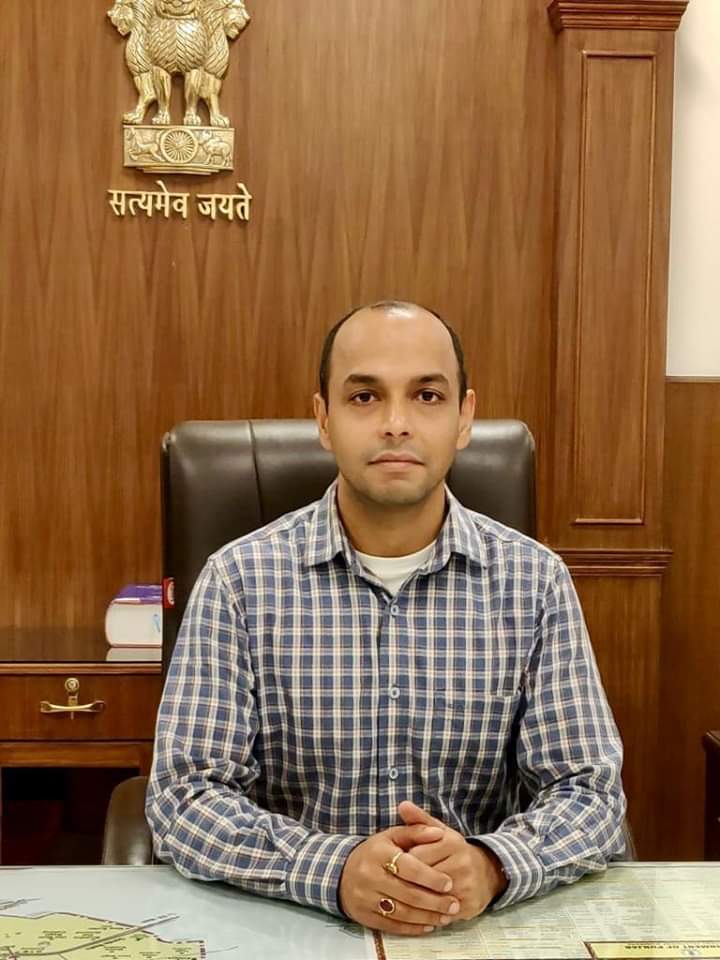Punjab CM inaugurates webinar on Jallianwala Bagh massacre at GNDU
Kanwar Inder Singh/ royalpatiala.in/ Chandigarh
To commemorate the centennial occasion of Jallianwala Bagh Massacre, Govt. of Punjab under the dynamic leadership of Capt. Amarinder Singh instructed Guru Nanak Dev University to organize a Webinar and live stream it to make the younger population aware of the historical importance of the Jallianwala Bagh Massacre. This Webinar was organized by Department of History and theme of Webinar was “Revisiting History and Literature of the Jallianwala Bagh Massacre 1919”.
Chief Minister Capt. Amarinder Singh inaugurated the webinar and himself being an eminent historian who has written numerous books on war history apprised the participants regarding the sacrifices made by the people to liberate our great country. He made special mention of Sardar Udham Singh who carried the soil of the Bagh to avenge the deaths of innocent civilians at the hands of tyrant Britishers. He was pained by a recent interview given by the granddaughter of MichaelO’Dwyer who still felt that her grandfather had done the act to stop rioting.
The Chief Minister was also pained by the change in the structures around Jallianwala Bagh as this has diluted the significance of narrow entrance through which the British troops entered to carry out the massacre of the innocents. He thanked the Vice-Chancellor Dr. Jaspal Singh Sandhu for bringing eminent historians together and organizing this event and also instructed him that the hidden aspects of the massacre should be researched by the history department of Guru Nanak Dev University. A book “Re-imagining JallianwalaBagh Massacre (191-2019) : Centennial Commemoration” was released during the occasion. This webinar was also attended by the Secretary, Department of Higher Education, Government of Punjab Rahul Bhandari.
In the morning session four speakers presented their views on the massacre of Jallianwala Bagh. Prof.Salil Misra from Ambedkar University, Delhi, spoke on “The Legacy of the JallianwalaBagh”. He raised many questions as to how the Jallianwala Bagh was looked at by the British? According to him they saw it through the blinkers of 1857. With that mind set they were surprised by Rowlatt Satyagraha and with that mind set they approached the whole issue of protest in India especially Punjab. Prof.Sucheta Mahajan from JNU, New Delhi spoke on the theme “Commemorating the Massacere “Memorializing the Imperial Punjab: Jallianwala Bagh”. She focused on the memory and memorialization of the Jallianwala Bagh Massacre. How we remember it as Indians and as Punjabis?
Third speaker Navdeep Singh Suri, a retired Indian Diplomat and the grandson of famous Punjabi writer Nanak Singh, who has recently translated his famous “Khooni Vaisakhi” into English, spoke on “Jallianwala Bagh Massacre through the lens of a survivor Nanak Singh’s KhooniVasakhi”. He said that the book is fascinating as it is much more than a survivors account, also being a historical account. He also read few excerpts from the book in Punjabi and their translation in English. Sarmishtha Dutta Gupta has curated “Ways of Remembering Jallianwala Bagh and Rabindernath Tagore’s Response to the Massacre” in collaboration with the Victoria Memorial Hall. She shared rare photographs of RabinderNath Tagore. In the second session four speakers Prof. Sukhdev Singh Sohal from Guru Nanak Dev University discussed whether the massacre was an Episode, tragedy or massacre. Dr. Rakhshanda Jalil, an independent literary historian and critic has recently published Literary responses in prose and poetry especially Jallianwala Bagh in Urdu literature. Prof. Chaman Lal, Former Professor from JNU, New Delhi, discussed the Hindi Novel : “Amritsar in 1919” of Rajneesh Vats and Prof.Bodh Prakash from Ambedkar University gave his presentation on Jallianwala Bagh.
August,13,2020

